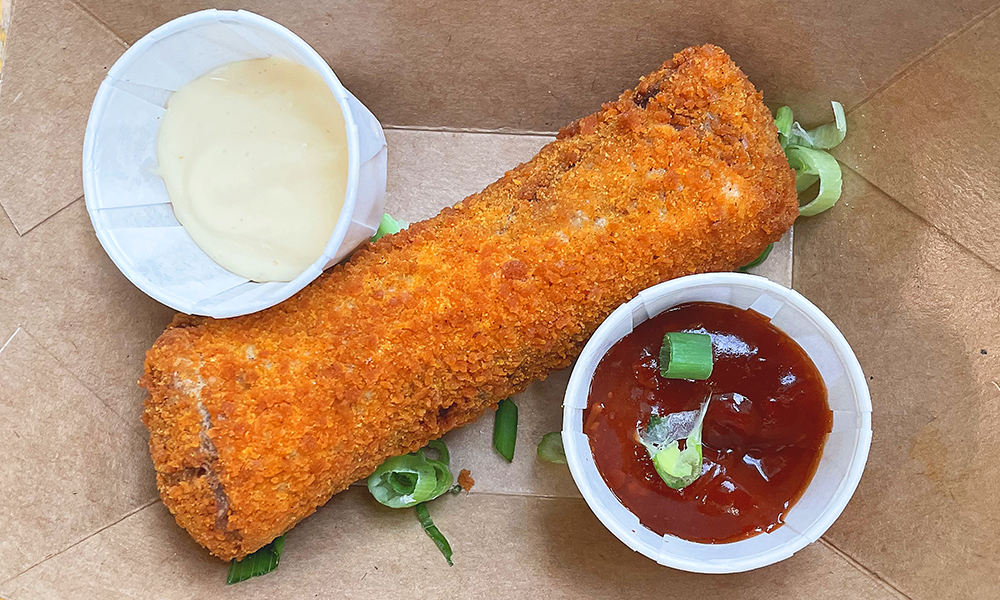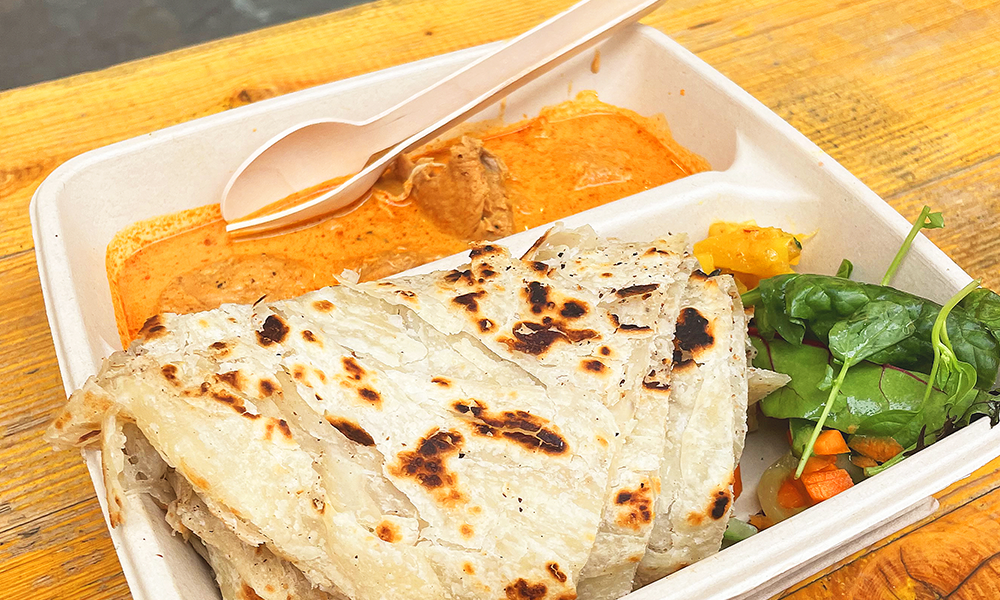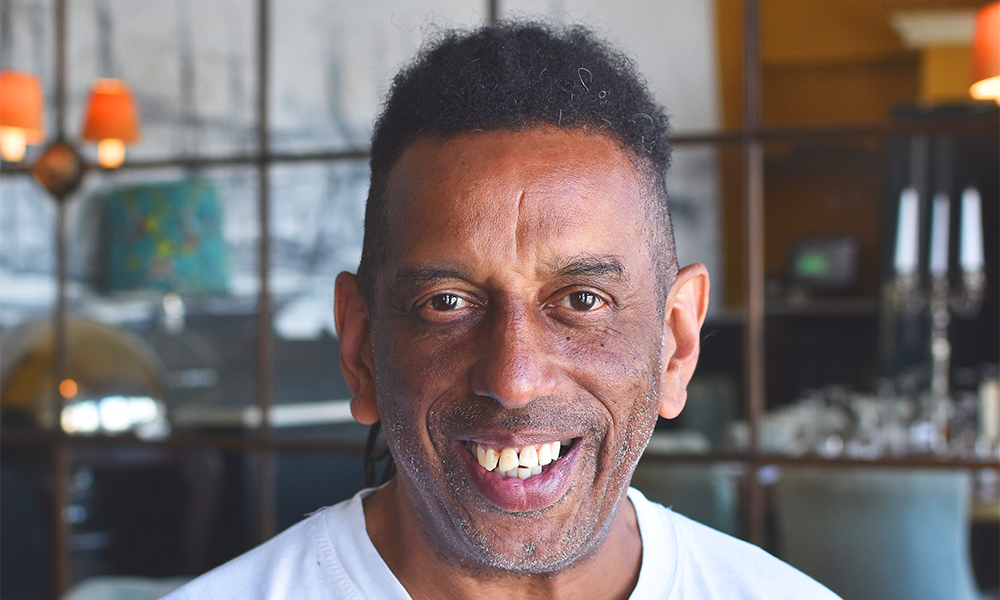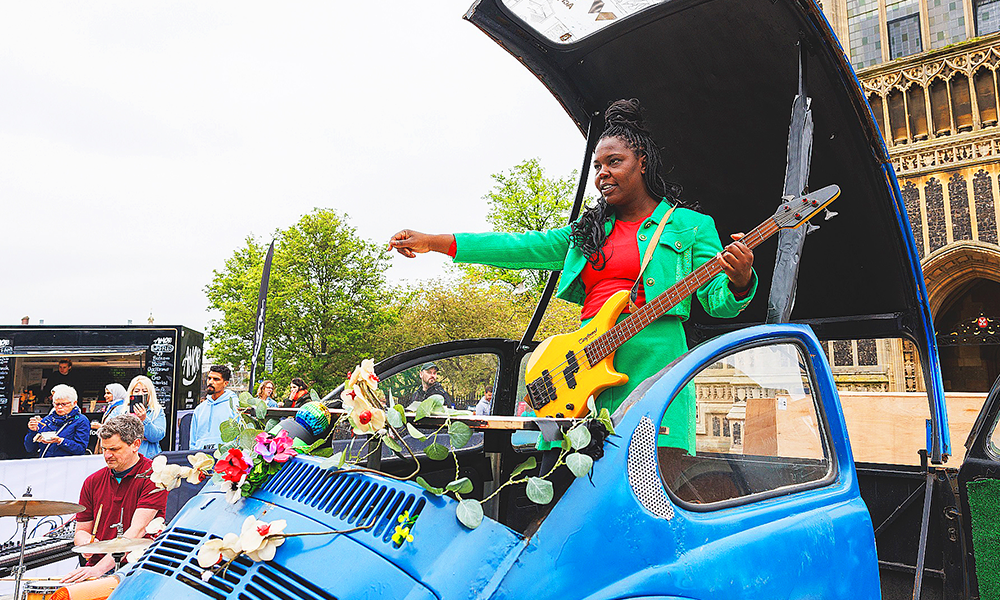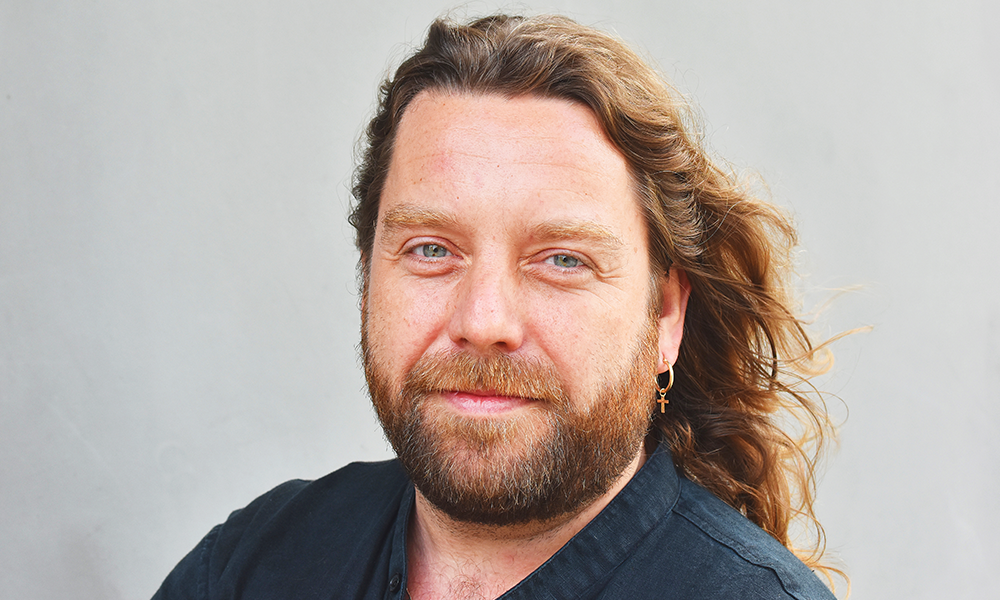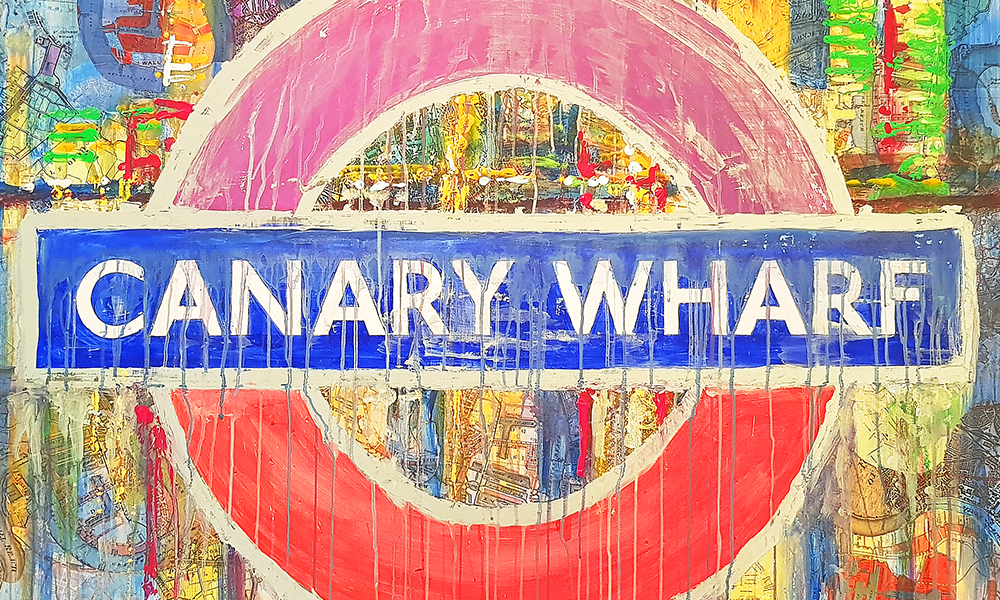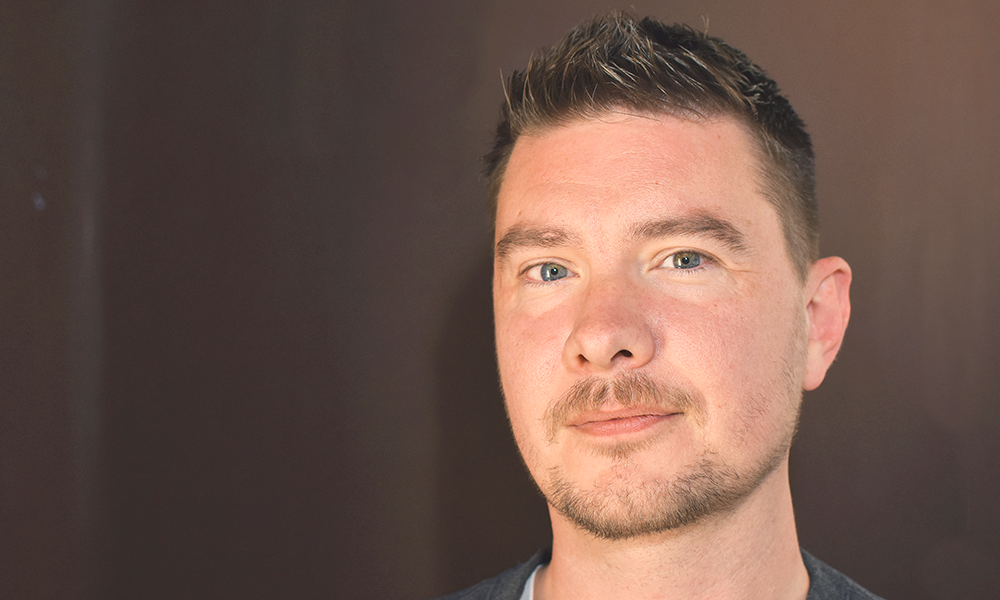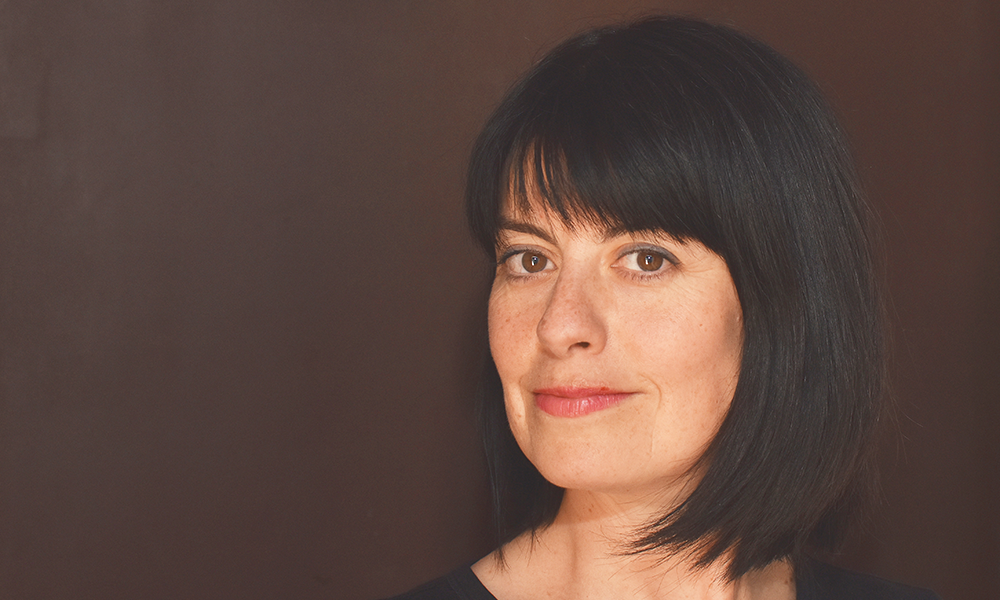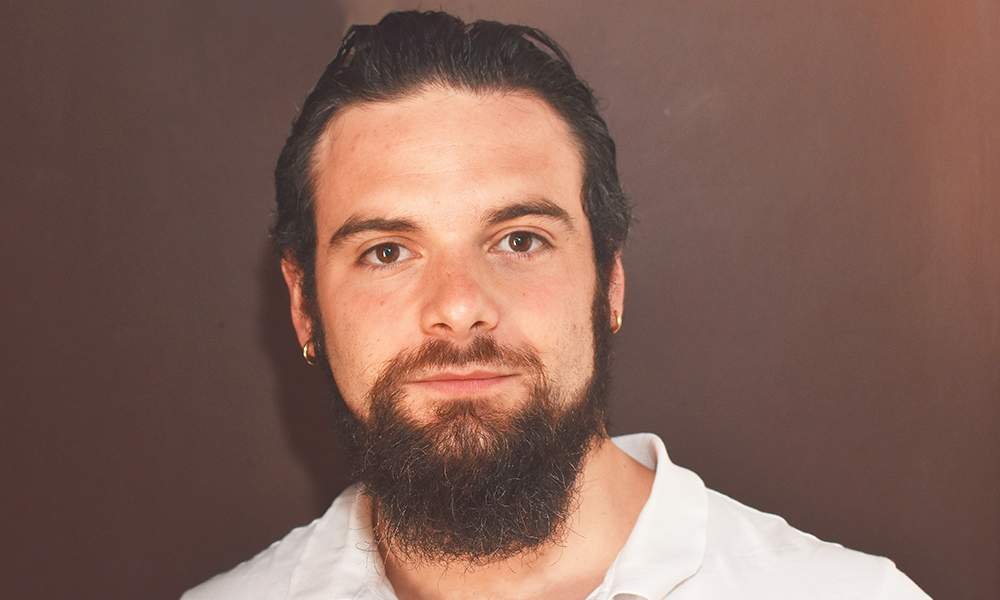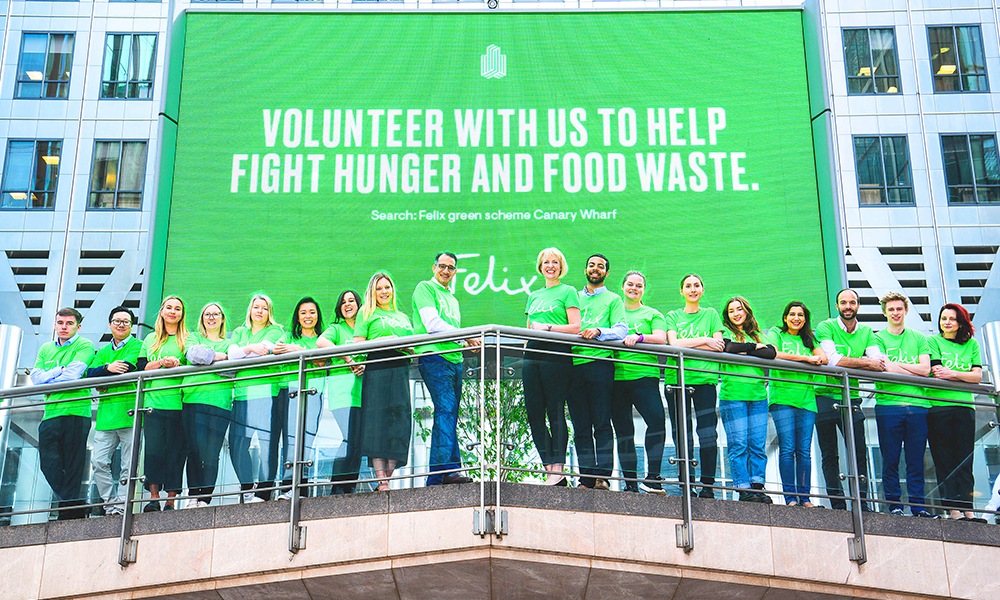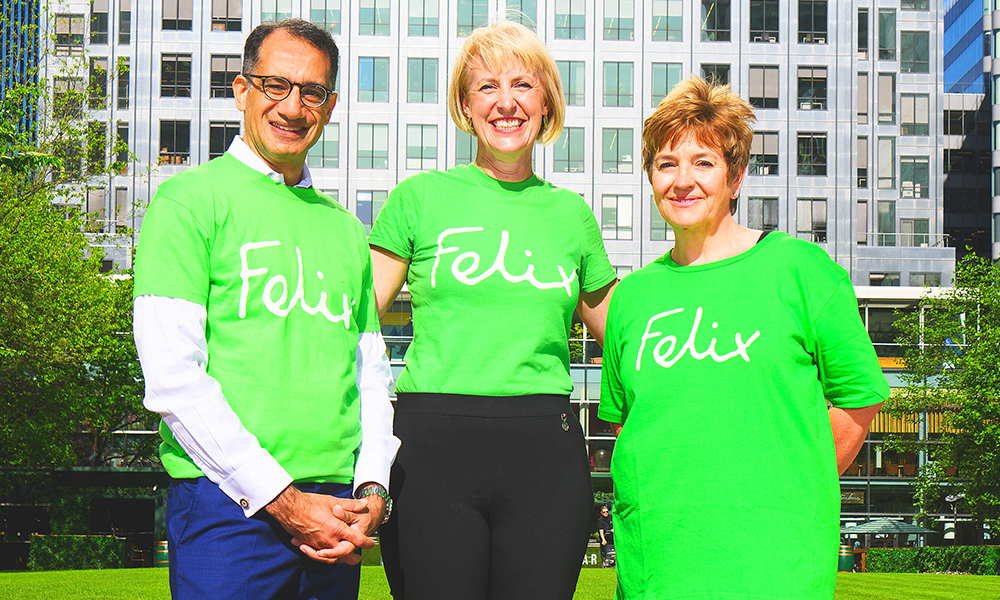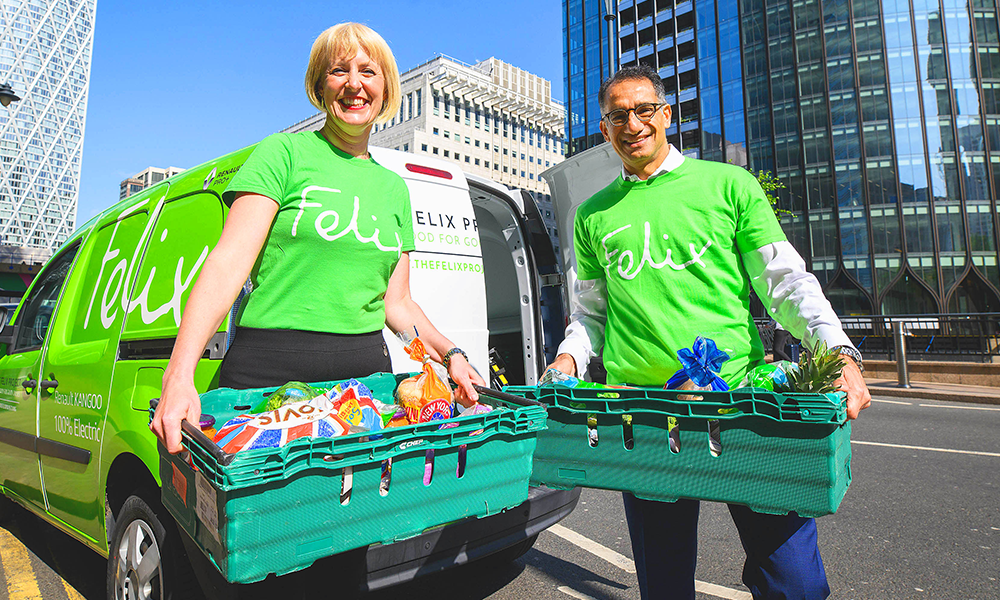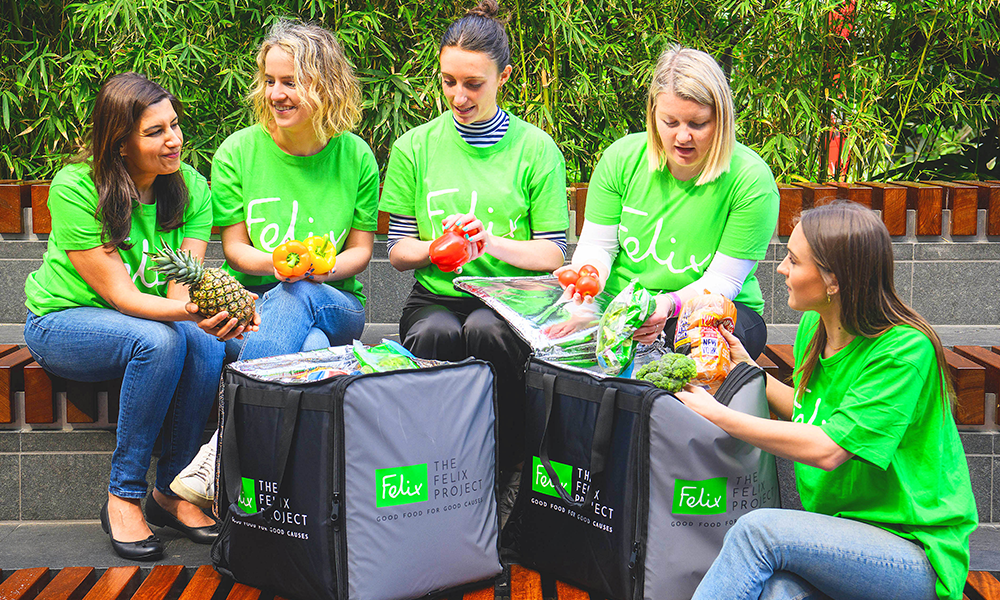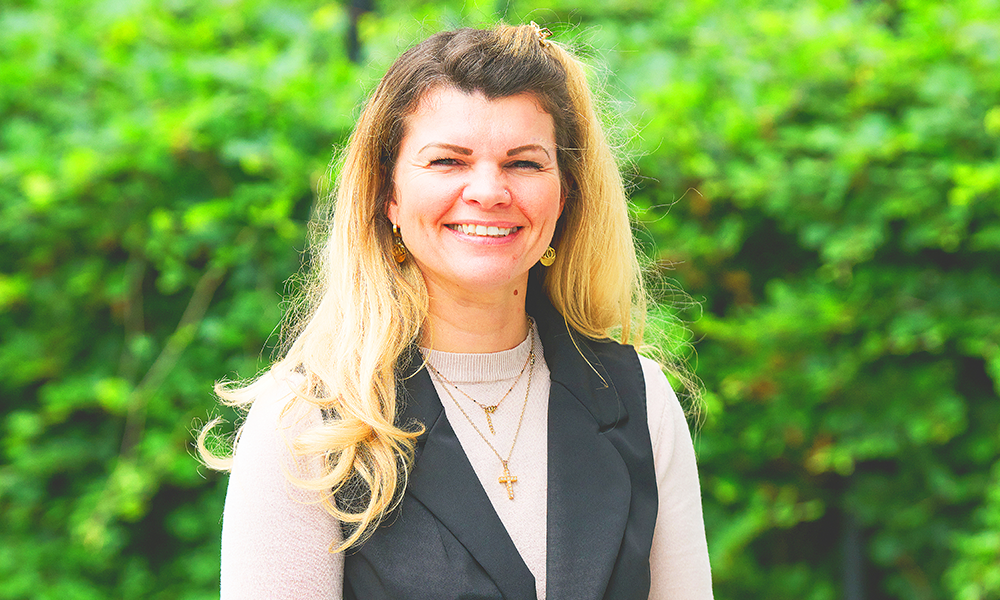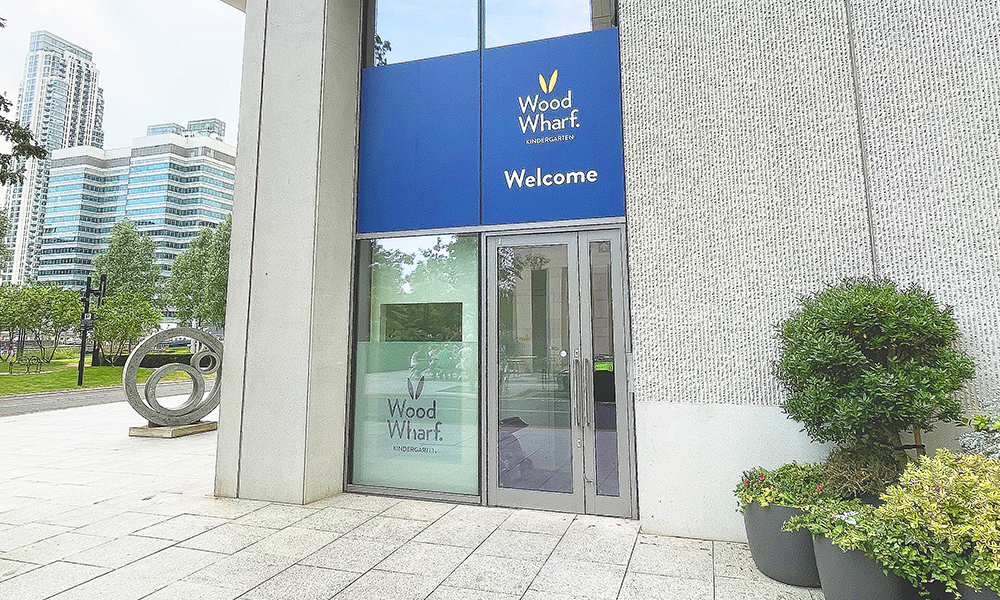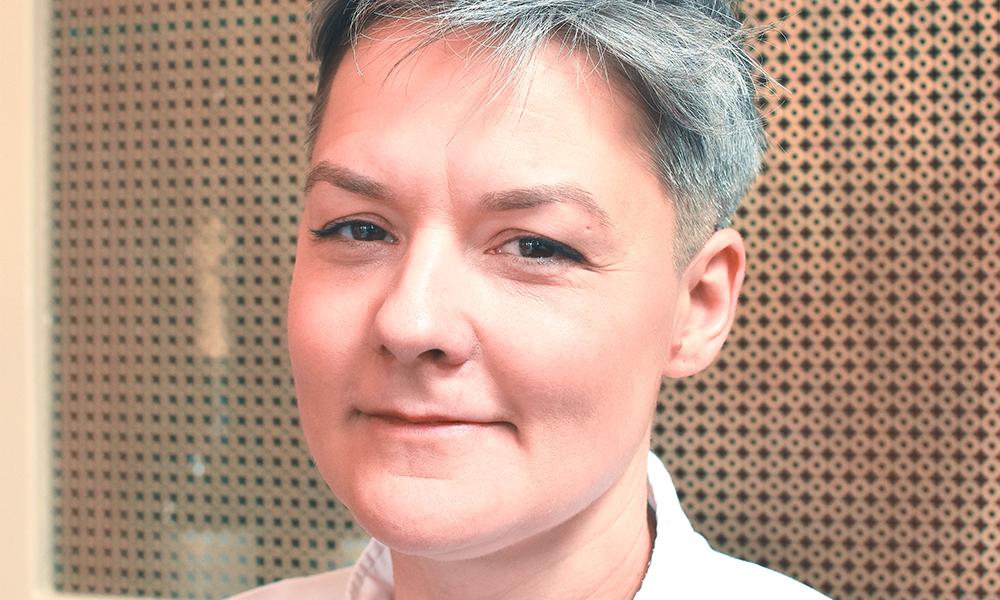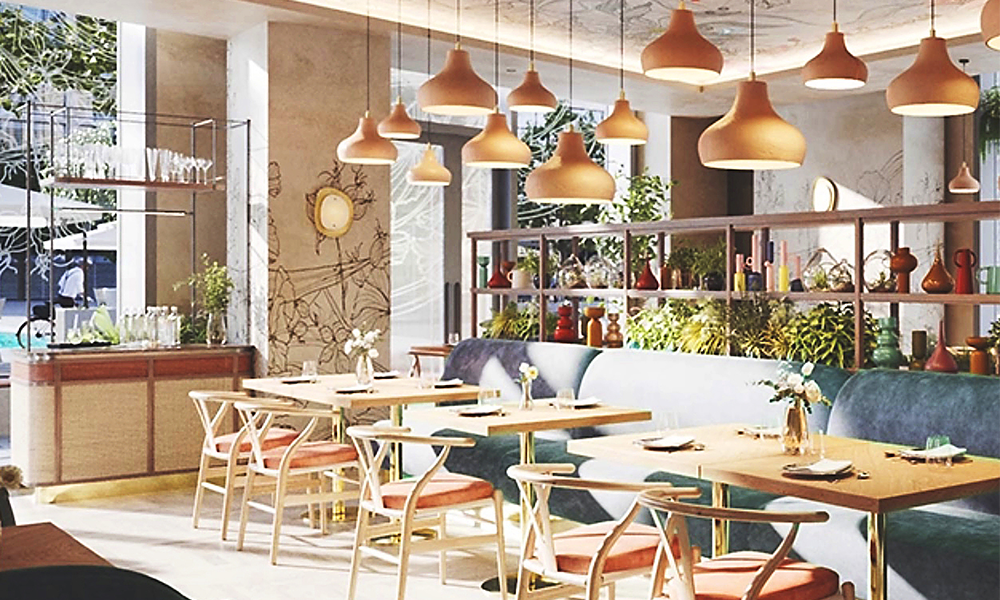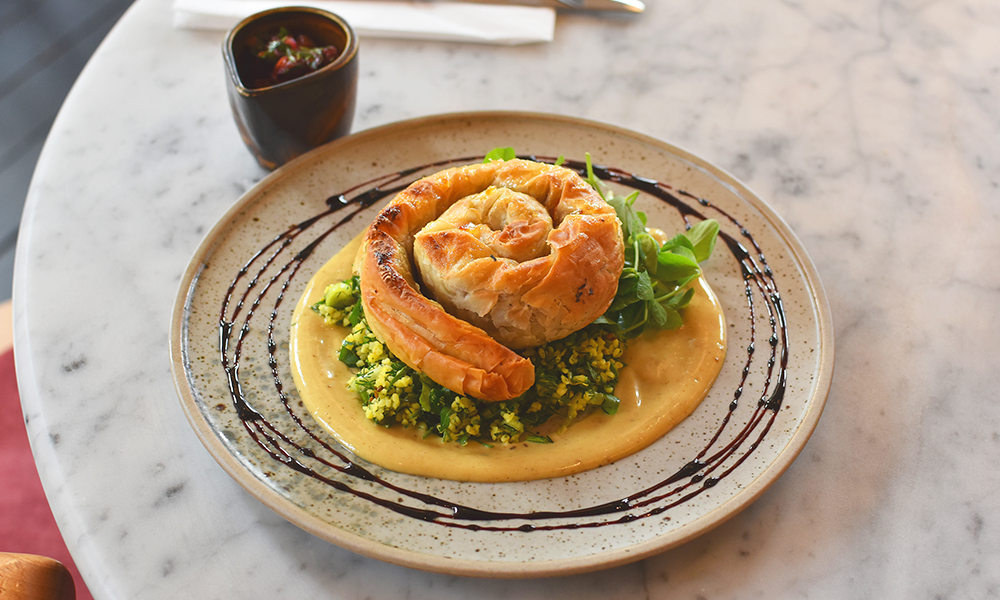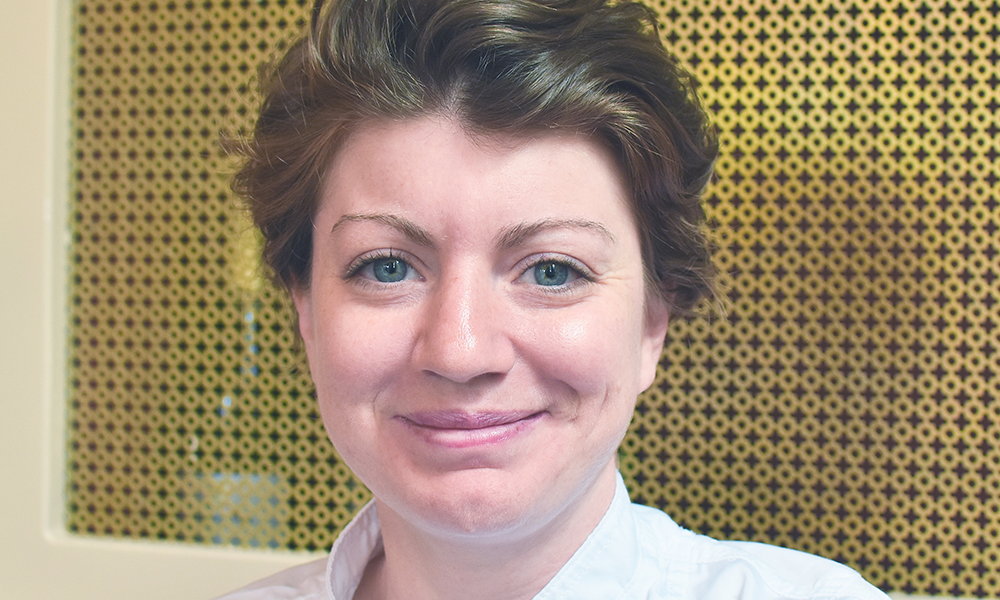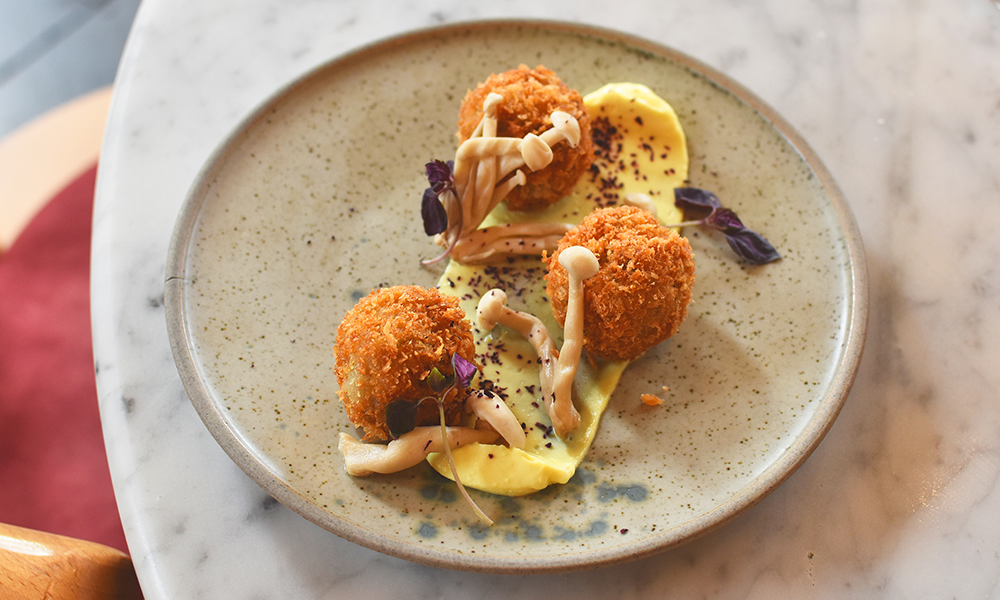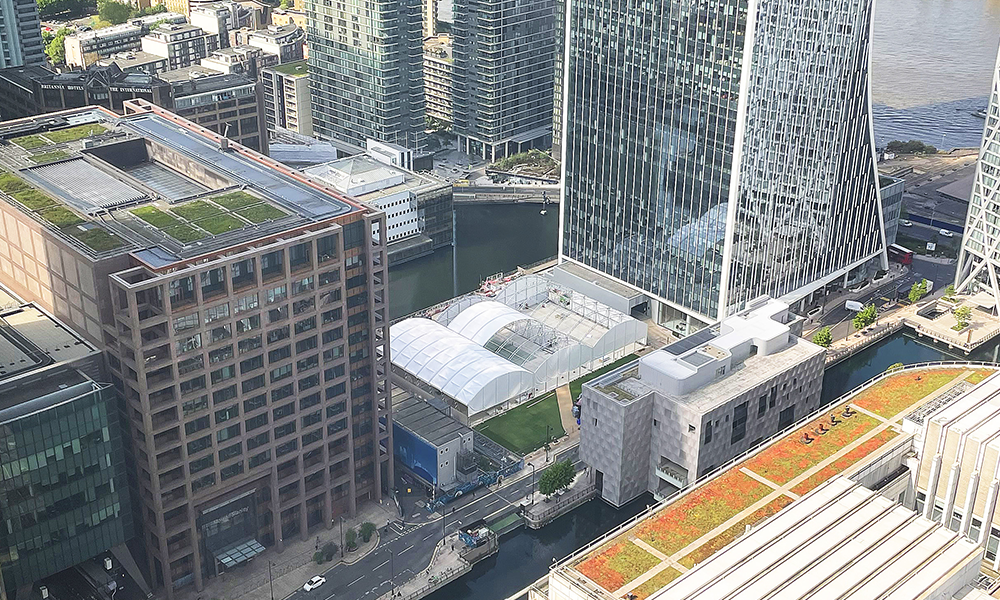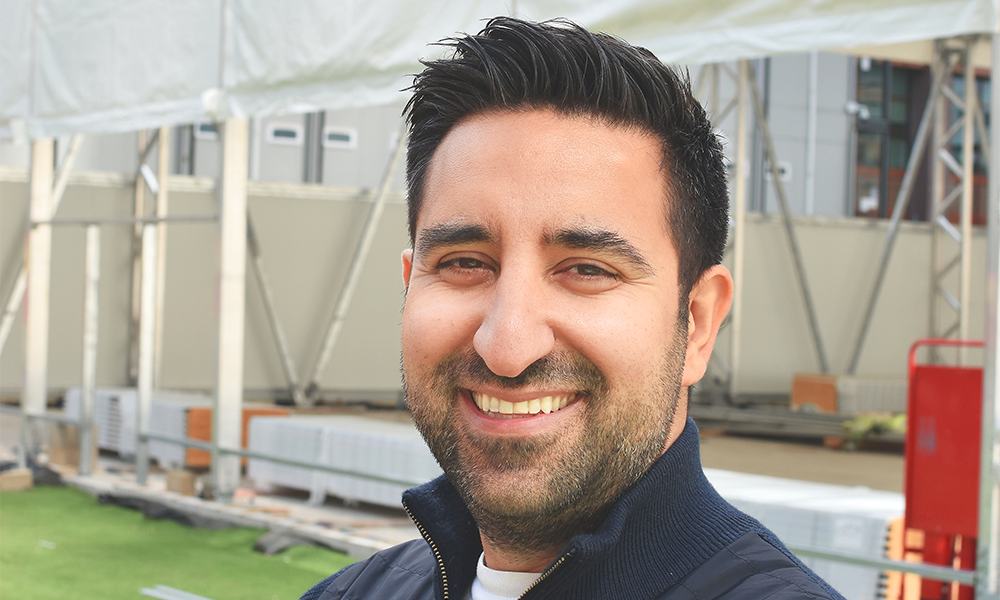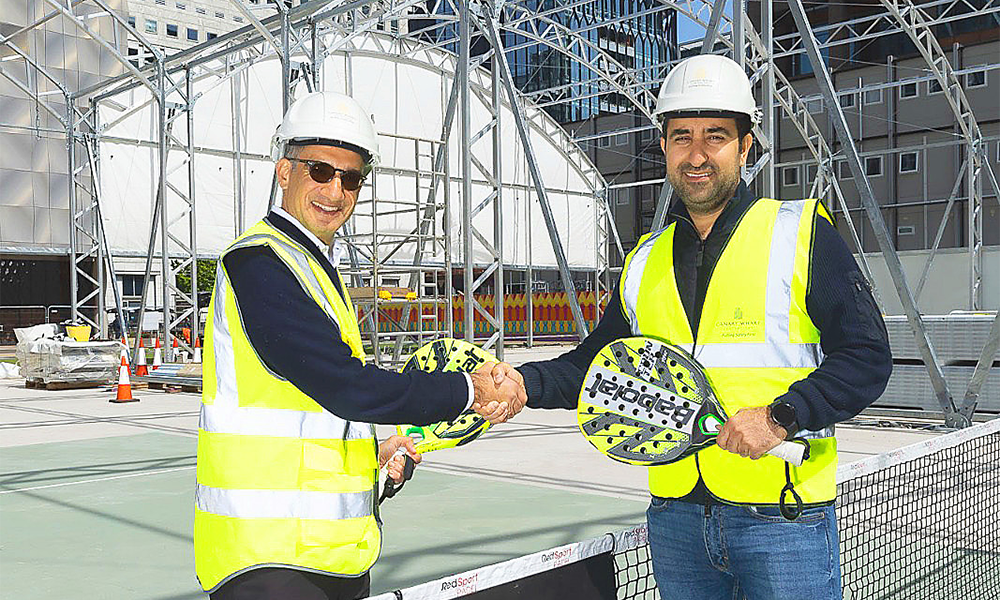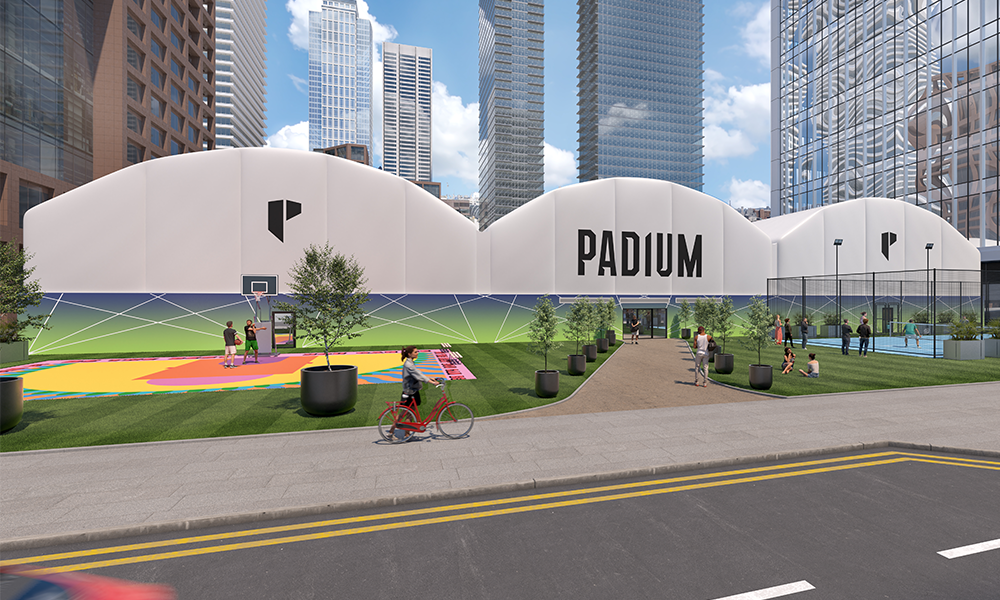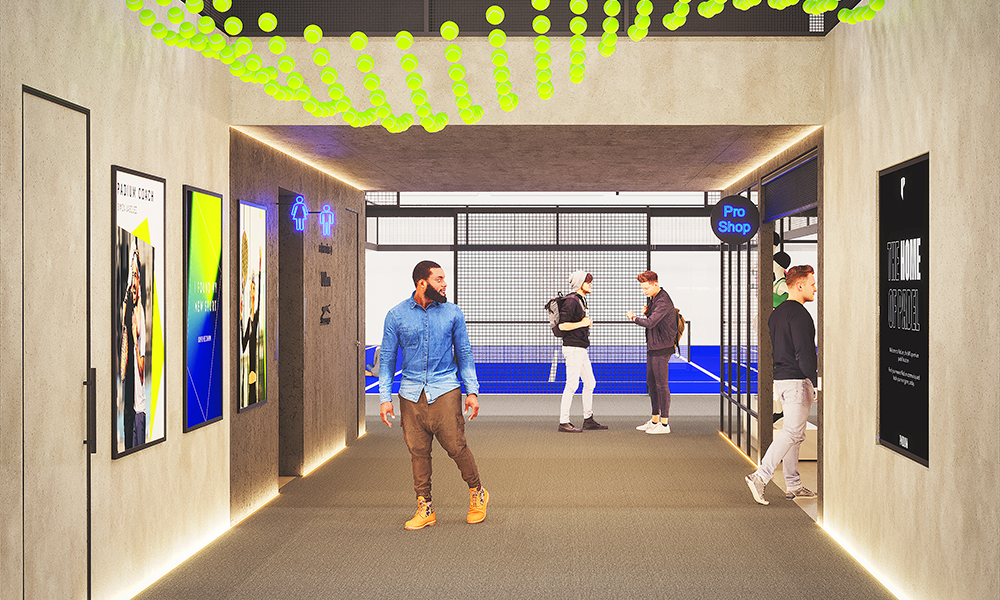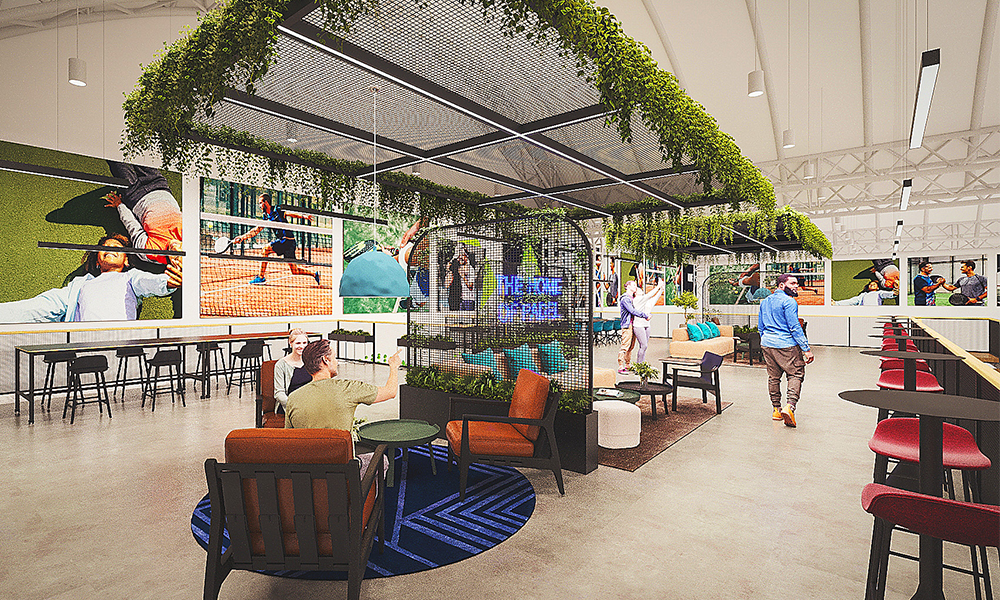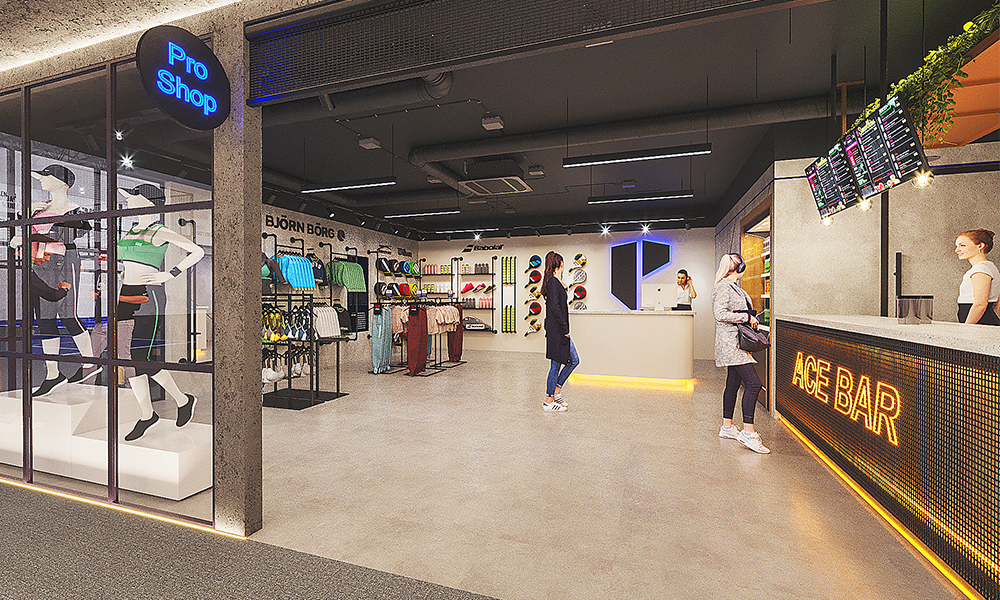Woolwich Mural Trail features work by south-east London artist Ellen Strachan at local Jobcentre Plus
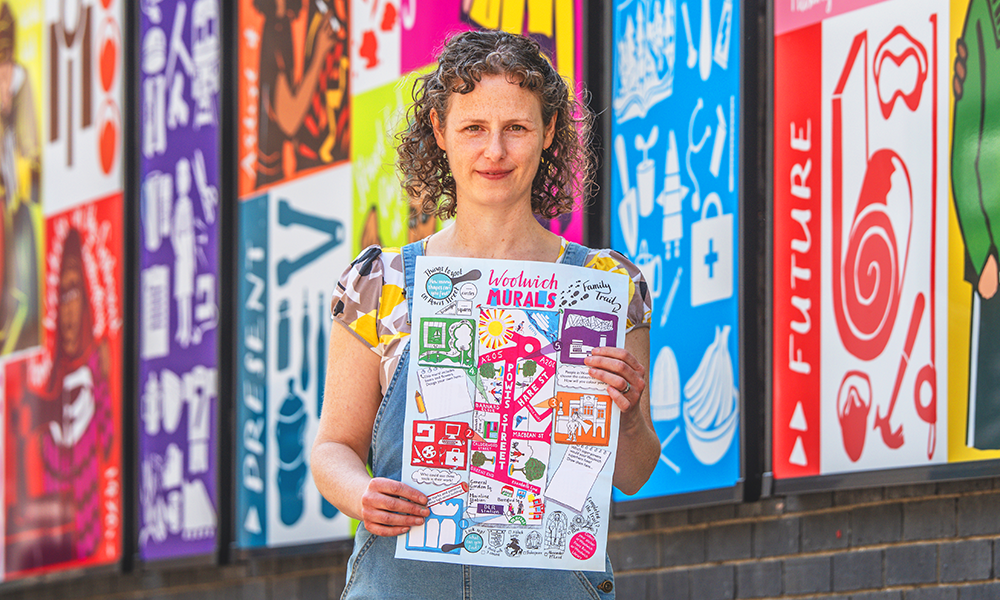
Subscribe to our Wharf Whispers newsletter here
Walk down the side of Woolwich’s Jobcentre Plus and you’ll find a recently installed mural decorating a once bare brick wall.
Ellen Strachan’s Work In Woolwich mural is one of five artworks commissioned by the council to brighten up the area and showcase its heritage.
“My piece looks at the past, present and future of work locally,” said Ellen, a former physics teacher who lives in Abbey Wood and decided to pursue art full time after the birth of her daughter three years ago.
“There are three large panels that have those themes and two others that were created based on the stories and creations of local residents who participated in workshops about that theme while I was developing the work.
“Some told me about their lives, while others created their own paper cut outs for inclusion in the piece.
“I hope my mural makes viewers think a little bit about the people around them – how we are reliant on each other and that everyone’s work helps us as a community.
“I’d like them to think a little bit about the past and all the people who have contributed to where we are now, the future and where we are going.
“It’s a time of such change, with more technology coming and jobs changing quite a lot and it was interesting to look into that.
“Environmental considerations are also very important – since we’re going to need to make a huge change in how our economy works with regard to everything from transport to heating.
“If people look at the mural, I hope they wonder why I’ve chosen the things that are featured and ask themselves what they would choose if they were creating a piece.”

Ellen’s work in this instance comes as printed vinyl, although she usually works in lino cut or using cut-out paper collage, which was the basis for the mural before it was digitally scanned.
“I like those techniques – I’ve always used a pair of scissors,” she said.
“Both make you think about the positive and the negative – where something is either printed or it’s not.
“The artwork for this mural has been created using paper, which makes me simplify what I’m doing and create something quite bold.
“It feels really good to have the piece finally unveiled.”
The council commissioned the piece as part of its Woolwich Mural Trail – a series of works by local artists created with local residents, schools and community organisations.
It joins Welcome To Woolwich by The Collective Makers on Powis Street, Your Woolwich in Beresford Square by Paige Denham and Foxfield Primary School, Woolwich Scenes in Myrtle Alley by Marc Drostle and Area Of Prosperity in Barnards Close by Haffeera Cader Saul and Nightingale Primary School, to complete the trail.
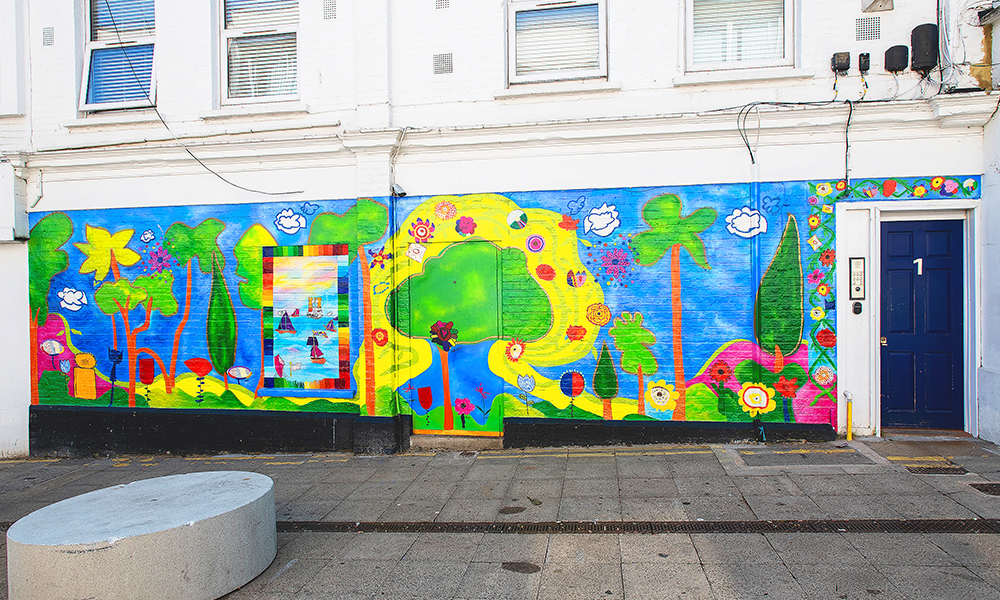
“These stunning murals tell the personal stories and aspirations of our community, bringing creativity and colour to Woolwich town centre,” said Greenwich Council cabinet member for equality, culture and communities, Cllr Adel Khaireh.
“It’s fantastic to see how proud the artists and the school pupils are of their artwork, and to see Woolwich’s rich history brought to life.
“On behalf of the council, I’d like to thank all the different artists, community groups, schools and people who got involved and shared their memories and ideas. I hope they will all be enjoyed for many years to come.”
For Ellen, the commission was just the latest stage in her journey as an emerging artist, having gone from designing prints to selling her work through the Greenwich Co-operative Development Agency’s Made In Greenwich shop in Creek Road and Deptford Does Art in Deptford High Street under her Pigeon Loft Prints brand.
“I actually found out about the mural trail through Made In Greenwich’s May Jane Baxter,” said Ellen.
“Working with them has been really great. Initially when I gave up teaching, I was very isolated as an artist until I went to Made In Greenwich – they’ve really made me feel like I’m part of a community.
“I started by doing surface pattern designs using lino cut prints.
“I’d take them and turn them into textile designs for products, which I’d sell through the shop.
“Then I got the chance to design the Christmas windows for Made In Greenwich, which turned out to be quite important.
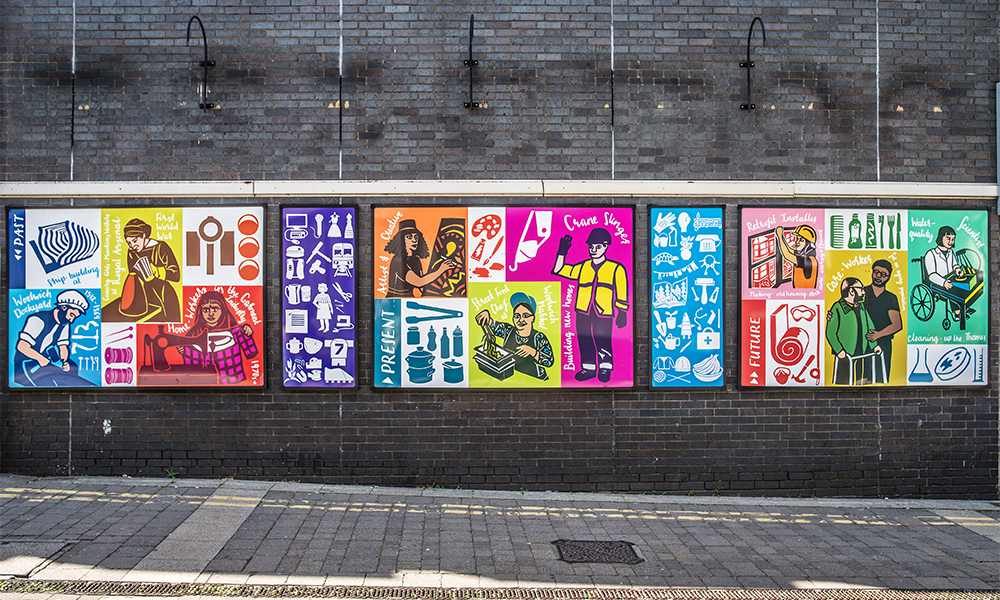
“Greenwich Council held an open call for artists to do the Woolwich Mural Trail and so I had that as an example of working at a large scale.
“Since then, I’ve had a few more large pieces of work commissioned – I’ve just been working for the past couple of weeks on a mural in Walthamstow for Crate, which is going to open a new food hall in the central shopping centre there.
“My piece will be on the back of one of the kiosks where people enter the space and it will welcome them.
“Working with Made In Greenwich has allowed me to build up my portfolio to apply for this kind of project.
“For example, I have another temporary mural coming up in Woolwich for the Woolwich Stories Cultural Trail, which is going to be taking place in August with some art installations and performances.
“That mural, entitled Woolwich Treepreciation will be on a disused shop front and will focus on trees – it’s showing an appreciation of the street trees in the area with hand prints and thumb prints making up the leaves.
“Local people’s words about the trees will also feature – lettering being a common feature in a lot of my work.”

THE COUNCIL SAYS
>> “I’m so impressed with these special artworks and how they have instantly brightened up empty spaces in the town centre,” said Cllr Aidan Smith.
“Alongside wider improvements, which will get under way this summer, they help make Woolwich a more attractive and vibrant place for residents, businesses and shoppers.
“The upcoming works will provide improved facilities for traders in Beresford Street market including fully accessible public toilets, as well as new planting, better seating, lighting and play spaces throughout Beresford Square and Powis Street.”
Read more: How artist Mark Taylor is capturing Canary Wharf and Docklands
Read Wharf Life’s e-edition here
Subscribe to our Wharf Whispers newsletter here
- Jon Massey is co-founder and editorial director of Wharf Life and writes about a wide range of subjects in Canary Wharf, Docklands and east London - contact via jon.massey@wharf-life.com








